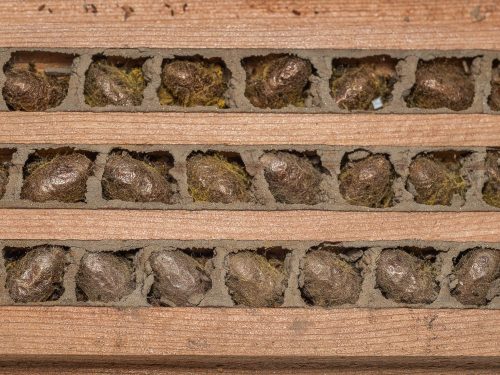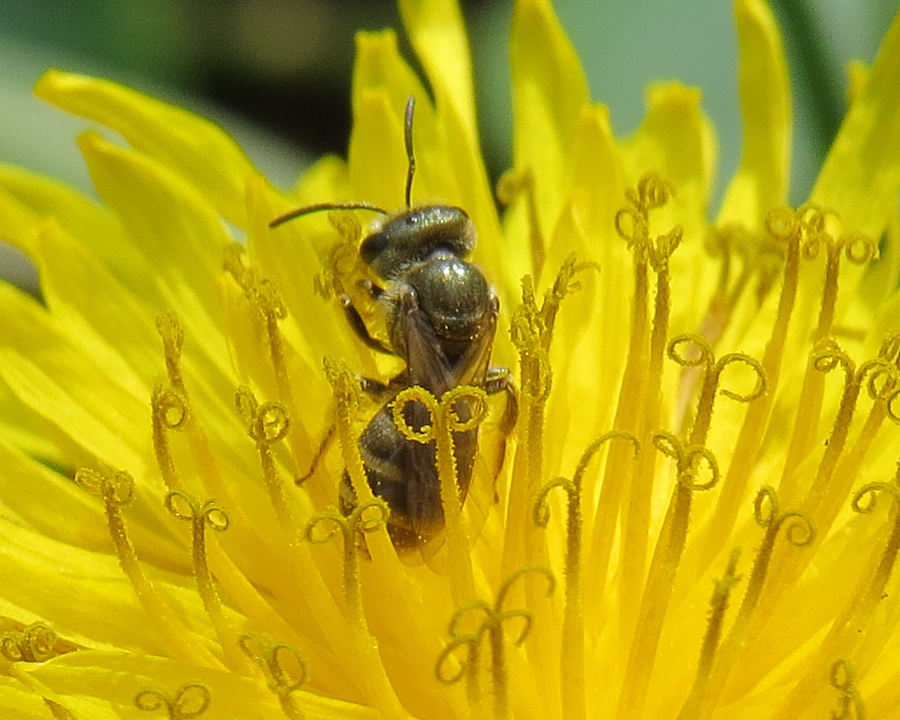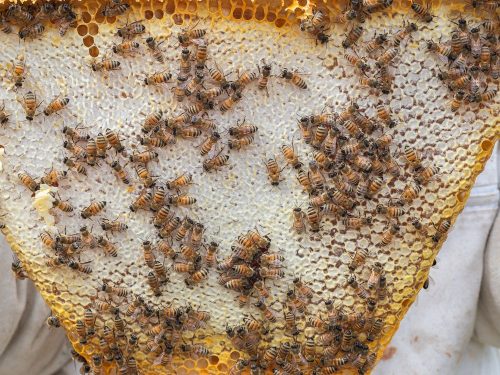Tualatin Soil & Water Conservation District (TSWCD) is hosting a series of free webinars in English and Spanish this fall. Check them out below or directly on their website at https://tualatinswcd.org/.
Event Descriptions
Introduction to Greywater: Free Webinar (English)
September 21; 6-7:30 pm
Registration: TualatinSWCD.org/event/introduction-to-greywater/
Greywater is gently used water from sinks, showers, and washing machines and it can help your landscape thrive while reducing your water consumption! Instead of sending this water down the drain, learn how you can safely and efficiently reuse it in your own home and landscape.
Plants & Pollinators: Free Webinar (English)
October 4; 6-7:30 pm
Registration: TualatinSWCD.org/event/plants-pollinators-fall2021/
Pollinators, like bees, butterflies, beetles, birds, and bats are essential for keeping our ecosystem healthy! They provide immense benefits for our yards, farms, and community spaces by pollinating plants and preying on pests. In this webinar, experts for Bee & Bloom and Tualatin SWCD will highlight simple steps you can take to help support pollinators in our region.
Rainwater Management: Basics – Free Webinar (English)
October 13; 6-7:30 pm
Registration: TualatinSWCD.org/event/rainwater-management-basics/
Discover ways to manage rainwater on spaces big and small! During this presentation, we’ll discuss different rainwater management techniques including container gardens, cisterns, swales, and rain gardens. We’ll also consider the benefits and drawbacks of each system, so that you can choose the right one for your space.
Mason Bee Cocoon Harvesting: Free Webinar (English)
October 18; 6-7:30 pm
Registration: TualatinSWCD.org/event/mason-bee-cocoon-harvesting/
Providing habitat for solitary bees is fun and easy, but it’s important to remember that as soon as you create man-made habitat, you’re responsible for the animals who live in them. In this webinar, Bee & Bloom experts will walk through the entire process of harvesting, cleaning, and storing mason bee cocoons. We’ll point out common warning signs and provide insight into bee-ing a better steward to your solitary bees!
Rainwater Harvesting: Free Webinar (English)
October 26; 6-7:30 pm
Registration: TualatinSWCD.org/event/rainwater-harvesting-2/
Rainwater harvesting is the practice of collecting water as it falls on structures or other impervious surfaces and storing it for later use. Harvesting rainwater allows us to utilize the water falling on our homes and landscapes, even during the dry season. Learn about rainwater harvesting options for spaces big and small in this free webinar!
Recolección de Agua de lluvia: Taller Gratís (Spanish)
Octubre 28; 6-7:30 pm
Regístrese: TualatinSWCD.org/event/recoleccion-de-agua-de-lluvia/
La recolección de agua de lluvia es la práctica de recolectar el agua que cae sobre los techos y almacenarla para su uso posterior. La recolección de agua de lluvia nos permite utilizar el agua que cae sobre nuestras casas y jardines, incluso durante la estación seca. Aprende como recolectar agua de lluvia en tu casa y jardin para ahorrar agua, prevenir la contaminación y conservar recursos naturales.
Beneficial Insects: What They Are and How to Attract Them to Your Garden? (English)
November 16; 6-7:30 pm
Registration: TualatinSWCD.org/event/beneficial-insects-2021/
Insects provide many benefits in our gardens. Here in Oregon, we have hundreds native bees, flies, beetles, and moths that pollinate our flowers and crops. In this webinar you will learn about the different kinds of beneficial insects that might live in your garden. You’ll also discover how to provide food, water, and shelter to attract and sustain these helpful creatures year-round.
Insectos Beneficiosos: ¿Cuales Son y Cómo Se Puede Atraerlos a Sus Jardines? (Spanish)
Noviembre 18; 6-7:30 pm
Regístrese: TualatinSWCD.org/event/insectos-beneficiosos/
Insectos proveen muchos servicios beneficiosos en nuestros jardines. Aquí en Oregon, tenemos cientos de especies de abejas nativas, junto con numerosos moscas, escarabajos, polillas, y mariposas que polinizaron nuestras flores y cosechas. En esto taller, aprenderá sobre los tipos diferentes de insectos beneficiosos y descubren plantas y practicas de manejo que proveen alimentos, agua, y refugio.
Where Do Bees Go in the Winter: Free Webinar (English)
December 8; 6-7:30 pm
Registration: TualatinSWCD.org/event/where-do-bees-go-in-the-winter-2021/
Ever wondered where bees go in the winter? With over 20,000 bee species in the world, there are nearly as many strategies for surviving the bloom-less, cold months. Learn about the winter survival strategies of the bees that call the Pacific Northwest home!



